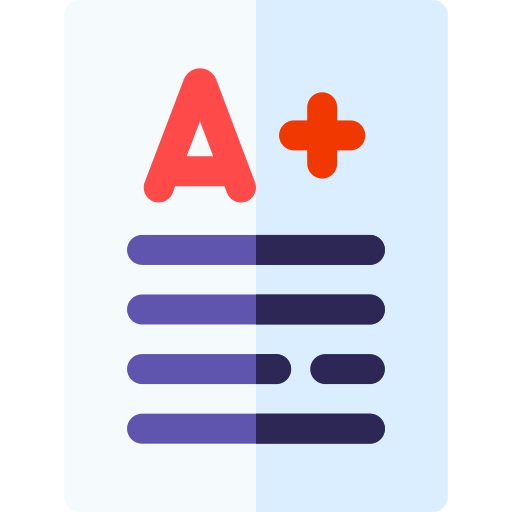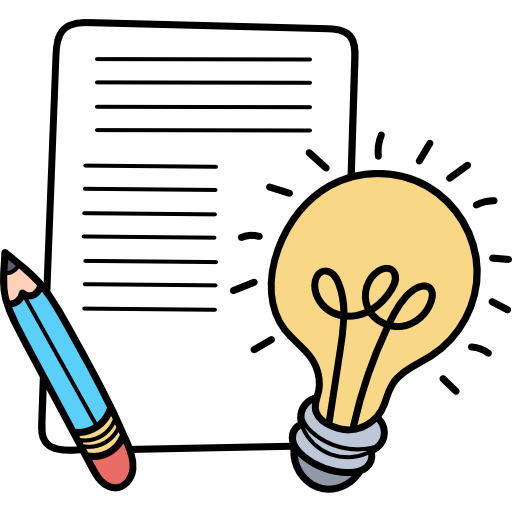دليل المعلم 2020 2021 دراسات اجتماعية منهج إنجليزي صف عاشر فصل ثالث
In this term students will work on small projects to collect primary data
Critical thinking and innovation are the key to developing and growing as a society. The more we question facts and theories, the more researchers are able to develop, create and expand existing knowledge and find innovative solutions for the unknown and new problems
In this term, students will be learning by doing. Students will practice writing and giving surveys, holding interviews, and creating experiments to conduct your research
The following standards will be covered
SOC.2.2.01.024 Designs a plan for resolving a social, local/ national problem and recommends alternative ways for its
implementation SOC.2.2.01.028 Decides on criteria to analyze different points of view on the same issue
SOC.1.5.02.029 Uses the scientific research methodology to solve investigate various public issues related to social studies
SOC.2.1.01.035 Carries out a field study on a certain issue or problem, assesses the most significant results and submits them to the officials for beneficial use
SOC.2.1.01.038 Integrates visual information (e.g., in charts, graphs, photographs, videos, or maps) with other information in print and digital texts
SOC.1.5.02.039 Determines the meaning of words and phrases as they are used in a text, including vocabulary describing political, social, or economic aspects of social science
SOC.2.1.01.042 Prepares an oral presentation on social studies topics and shows findings with supporting evidence
SOC.2.2.01.053 Uses technology to gather information from various sources and evaluates interpretations of the same event
Lesson 4: Online Surveys
SCIENTIFIC EXPERIMENTS
A scientific experiment is an organised and systematic set of steps that researchers follow in order to prove or disprove a theory that they have about a phenomenon in the natural world. Do you know of any famous scientists? What have they contributed to society through their research
Assuming that there are 2 periods assigned per week, teacher can go over the lesson activities as sequenced in the student book. Students can do the discussions with their classmates or someone in their community. Teachers can make their own lessons plans from your description to suit their needs
Concept checks can be done independently and using the glossary. The rest of the activities are discussion based
Formative assessment is by: Completing the student activities Completing concept check after text Engaging in discussions
Strategies to support struggling students
include: Language support Peer to peer tutoring Writing centre support if the school has one
After activity 4 is completed and presentations are done, students reflect on ways to improve their own surveys and data collection and create a new survey
CHARACTERISTICS OF A FOCUS GROUP
ared in any one or by any
The collection of information from a focus group is based on the collective views, opinions, and experiences of a chosen group of participants. Understanding what is said and what is implied through non-verbal clues is an important part of focus groups. So, what are the main roles of the people within a focus group? How does a focus group differ from an interview
WHO ARE THE PARTICIPANTS OF A FOCUS GROUP
Usually, participants of a focus group are chosen for the common characteristics they share. In any one focus group, an ideal number of participants would be between 9 and 13 so that the group is not divided into equal sides in the interview as a larger group may confuse the researcher. In addition, trying to collect and analyse data may be complicated if too many peoples' opinions are involved
WHAT IS THE ATMOSPHERE OF A FOCUS GROUP
Unlike structured interviews, focus groups tend to be more relaxed and informal. Participants are encouraged to discuss and share their opinion on a central topic. Researchers have found that a round table is best for conducting a focus group, where participants can easily contribute to the conversation. The recording device should be placed in the middle of the table. Like in interviews, participants must be asked for their permission
to be recorded. Unlike structured interviews, focus groups are intended to be a lighter setting for participants to enjoy an open discussion
WHAT IS THE ROLE OF THE RESEARCHER
Similar to a semi-structured interview, the researcher assumes the role of a moderator, using pre-determined questions to guide the direction of the discussion. The moderator should make all participants comfortable and ease into the discussion with some general questions. After the participants are comfortable, then the interviewer can ask for more specific information with questions like, "Could you explain further?" or "Do you have an example of what you mean by that?" The interviewer says how much time the focus group discussion will take and make sure to finish within that amount of time
WHAT ABOUT DATA COLLECTION
Since participants will be speaking at the same time, the researcher must use a reliable recording device to collect data. After the focus group, the researcher analyses the data from the focus group carefully and systematically. From this analysis, the researcher makes conclusions
Text after activity 1
FOCUS GROUPS AND MARKET RESEARCH
Have you ever wondered why new products introduced into the market place seem to be instantly popular with the general public? Do you think this is just random luck, or do you think companies have researched the market to find out exactly what people want? If you say the second option, you are right.
Companies spend billions of dollars each year finding out what colour shoes would sell best or what taste in breakfast cereal adults prefer. This is called market research, and it starts with getting the attitudes, opinions, ideas, tastes, beliefs, likes, dislikes, and values from everyday people. Information provided in focus groups is considered to be very valuable to a company. This information can prevent a company from losing millions of dollars on a product that no one will buy
will vary but can include these in this order
Interview advantages in the first circle (left)
Interviews are easy to conduct and all types of people can be included in the sample
The structure of the interview can change depending on the needs being addressed
Focus group advantages in the second circle (right
The Allows data collection from multiple participants
Can save time and move cost effective than I tol interviews. Allows
Commonalities in the middle
Allows researchers to gain an in-depth understanding and assess nonverbal clues
Researcher has control and can ask the kind of questions that they feel are relevant
Quality of data collected and analysis is heavily dependent on the researcher's skill
Have you ever wondered why new products introduced into the market place seem to be instantly popular with the general public? Do you think this is just random luck, or do you think companies have researched the market to find out exactly what people want? If you say the second option, you are right.
Companies spend billions of dollars each year finding out what colour shoes would sell best or what taste in breakfast cereal adults prefer. This is called market research, and it starts with getting the attitudes, opinions, ideas, tastes, beliefs, likes, dislikes, and values from everyday people. Information provided in focus groups is considered to be very valuable to a company. This information can prevent a company from losing millions of dollars on a product that no one will buy




